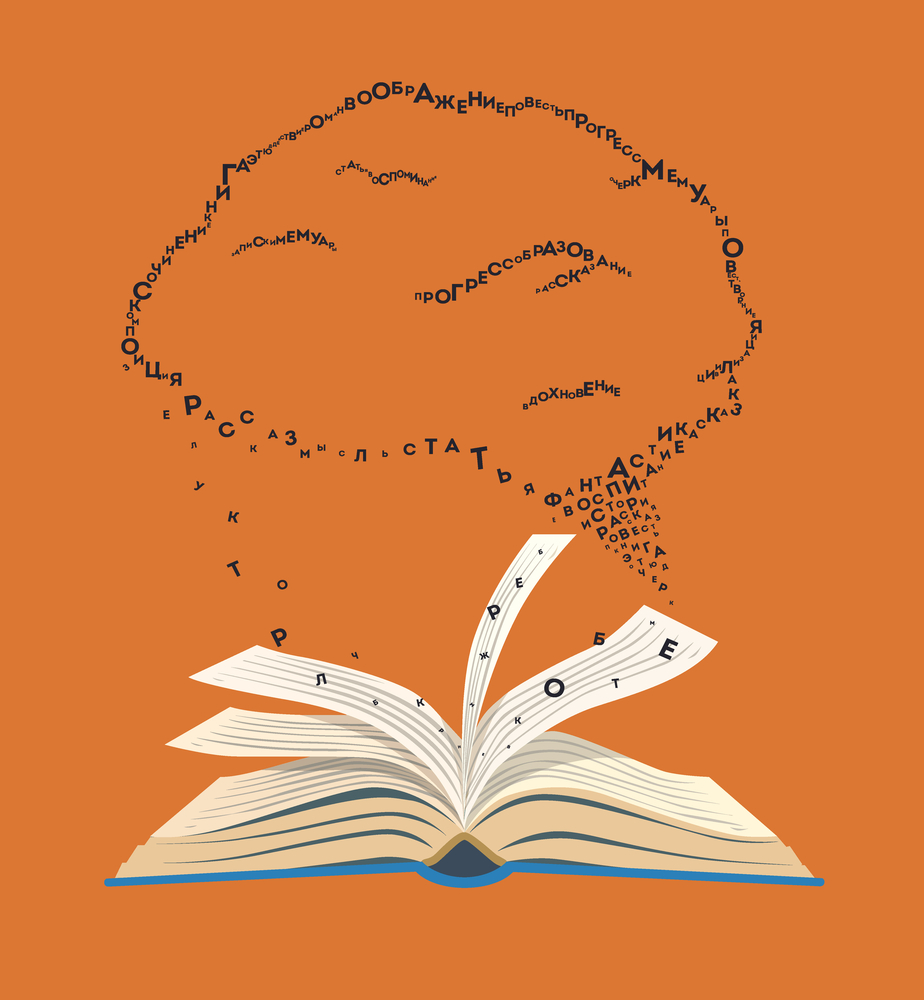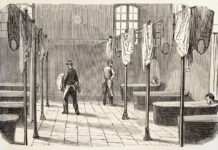As conversations around mental health surge across the country—intensified by global pandemics, racial violence, and climate disasters— recent scholarship explores how literature both shapes and reflects America’s psychological landscape.
Lisa Mendelman, an Associate Professor of English and Digital Humanities at Menlo College, and Gordon Hutner are leading a unique exploration into this subject. In a new special issue of American Literary History, they delve into American literature to probe its reflections and, in turn, its impact on our perceptions of mental health.
“Once one is alive to it, scholarship on the literature of mental health in the US seems to be everywhere,” Mendelman and Hutner write, “our present interest reflects what many might consider as an overdue reckoning with the literary representations of the inequitable psychological vulnerabilities of US existence.”
“The scholarly turn to neuroscience, affect, and ontology express similar interests, even as they align with a broader cultural attention to the so-called mental health epidemic that our myriad other global health crises exacerbate.”
 Mendelman and Hutner’s article, “Diagnosing America: The Literatures of Mental Health in the US,” explores how scholarship in the realm of mental health is evolving, intersecting with various academic fields ranging from psychology to neuroscience and even national politics.
Mendelman and Hutner’s article, “Diagnosing America: The Literatures of Mental Health in the US,” explores how scholarship in the realm of mental health is evolving, intersecting with various academic fields ranging from psychology to neuroscience and even national politics.
The authors argue that America’s current cultural focus on mental health is not just a product of the present but is deeply entangled with its history. The paper traces the academic lineage from early psychiatric theories, including Freudian psychoanalysis and Skinner’s behaviorism, to more modern developments like Cognitive Behavioral Therapy and pharmaceutical advancements.
Once sidelined as a subject of interest, the literary history of mental health in America has seen a steady rise in attention. Early studies often focused on specific writers, such as Edgar Allan Poe and Herman Melville, who were fascinated with madness but were viewed as “deformities of the romantic imagination.” The modern era has seen this interest broaden dramatically, with influential theories from figures like Michel Foucault and Gilles Deleuze shedding light on the societal structures affecting mental health.
In literary studies, Black feminist criticism has risen to prominence since the late 1990s for its groundbreaking approaches to mental health, literature, and intersectionality. Works like Hortense J. Spillers’s essay “‘All the Things You Could Be By Now, If Sigmund Freud’s Wife Was Your Mother’: Psychoanalysis and Race” have been pivotal in these discussions. They scrutinize how mental health has been portrayed in African American literature and critique the systemic issues of racism and structural poverty affecting mental health. The scholarship also extends into the scientific racism in psychiatric diagnoses and how literature from past centuries to the present day deals with themes of mental health and racism.
The field has broadened to include various sub-disciplines, such as trauma studies, disability studies, and mad studies, which focus on the injustices faced by marginalized communities due to mainstream ideas about mental health. Notably, these subfields often have an activist orientation aimed at improving the lives of those who are stigmatized by conventional health models. Prominent contemporary works include La Marr Jurelle Bruce’s “How to Go Mad Without Losing Your Mind,” which explores madness and creativity in Black culture, and various studies examining mental health in literature and how it aids in destigmatizing mental health diagnoses.
Scholars have also begun to study the therapeutic benefits of literature itself. Works like Philip Davis’s “Reading for Life” explore how reading could benefit mental health. The scholarship is so extensive that it even scrutinizes Amazon reviews and publishing strategies to understand the therapeutic function of contemporary fiction. This rich tapestry of interdisciplinary work doesn’t just dissect how mental health is portrayed in literature; it seeks to change real-world perceptions and treatment of mental health.
Researchers are also examining a specialized genre known as the “neuronovel.” These novels blend neuroscience and narrative to dissect the human mind and its complex behaviors. The conversation has even expanded beyond novels, entering memoirs and other prose genres, showing how mental health concerns have captured the imagination of contemporary American culture.
Scholars are also revisiting historical texts, from 18th-century works that explore the “medicine of the mind” to Native American folklore that provides alternative models of mental health. They’re also probing modern cultural products to understand how we conceive of therapy, diagnosis, and medication today. The interdisciplinary approach intersects with other urgent studies, such as critical race theory and ecocriticism, signifying that mental health studies have evolved from a once-overlooked field to a critical focal point.
This burgeoning interest in literature as a tool for mental health discourse isn’t accidental. According to Mendelman and Hutner, it signifies a long-overdue societal reckoning. A heightened awareness of systemic inequalities and the urgent issues of our time—ranging from race to climate change—has pushed mental health discussions from the periphery to the center of academic study.
Future research promises to further scrutinize the complexities of mental health in the American context, considering technological changes like “appified” therapy and a renewed interest in traditional psychoanalysis. These studies highlight the conflicts in the American view of mental health: We want quick solutions but also recognize the importance of sustained care.
While the research adds a rich layer to the ongoing discussions about mental health, it also opens the door to the future. A continued interdisciplinary approach could expand our understanding of mental life, both past and present, including community-based, nonmedical practices and intersectional experiences.
In an era when both therapy and the nature of storytelling are undergoing significant shifts, Mendelman and Hutner’s scholarship suggests that perhaps, in the pages of our favorite novels and memoirs, we might find a piece of the puzzle to understanding our collective psychological health.
****
Mendelman, L., & Hutner, G. (2023). Diagnosing America: The Literatures of Mental Health in the US. American Literary History, 35(3), 1123-1131. https://doi.org/10.1093/alh/ajad144 (Link)















[Duplicate comment]
Report comment
I think it important that scholars first reckon with the inanity and insanity of referring to emotional suffering as “mental illness” before launching into any discussion about “mental health” in literature as reactions to living are not “mental illness”.
Reading good literature offers emotional catharsis as it explores and expresses what it means to be human whereas reading the DSM is like sinking in quicksand.
Report comment